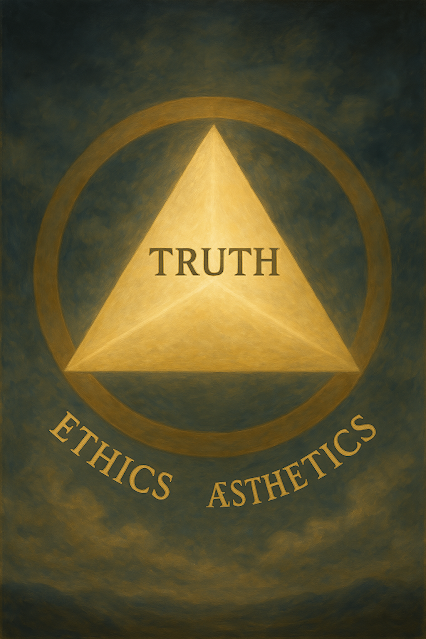Unraveling Alienation: A Philosophical Glimpse into Contemporary Disconnection

In an era of endless connectivity, why do so many feel profoundly alone? Philosophy has long grappled with alienation—what Marx saw as estrangement from labor, what Sartre described as the burden of radical freedom, and what Simone Weil considered the soul’s hunger for rootedness. Today, alienation has morphed, expanding into new domains: social media performance, algorithmic labor, and the commodification of identity. 🧠 From Roots to Rhizomes: Lost Anchors of Meaning Traditional communities once offered deep identity through shared rituals, languages, and sacred ground. Now, these have been replaced by what philosopher Byung-Chul Han calls “smooth communication”—efficient but shallow, reducing dialogue to data. We’ve traded anchors for networks, but the latter often lack spiritual or emotional depth. ✨ The Self as Product Where once we were human beings , now we are human brands . Philosophers like Olúfẹ́mi Táíwò interrogate the politics of positionality: are w...

